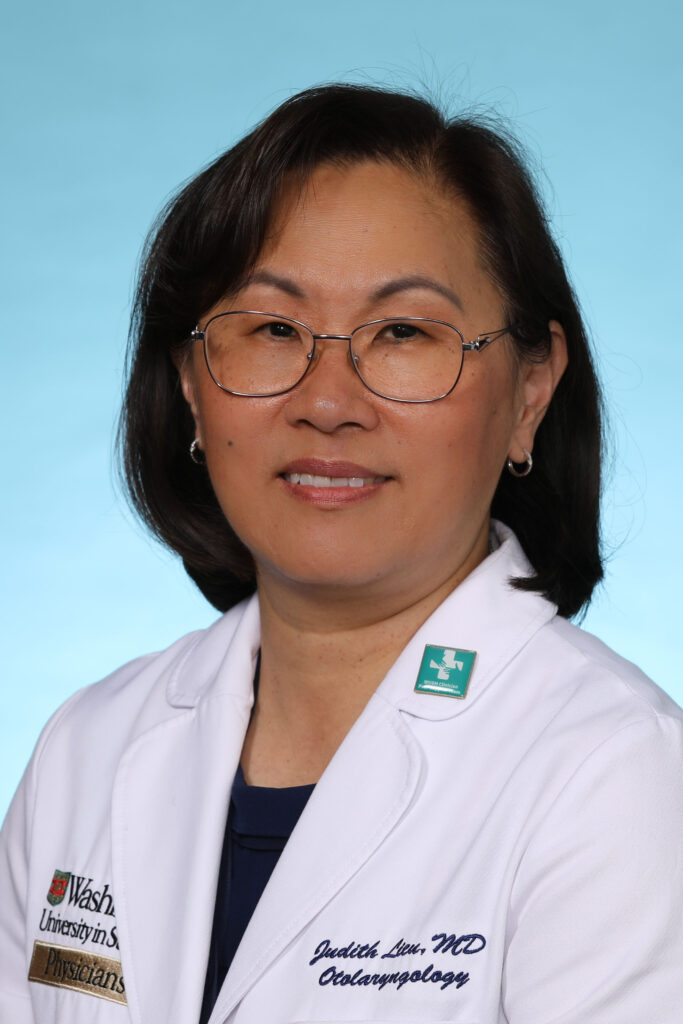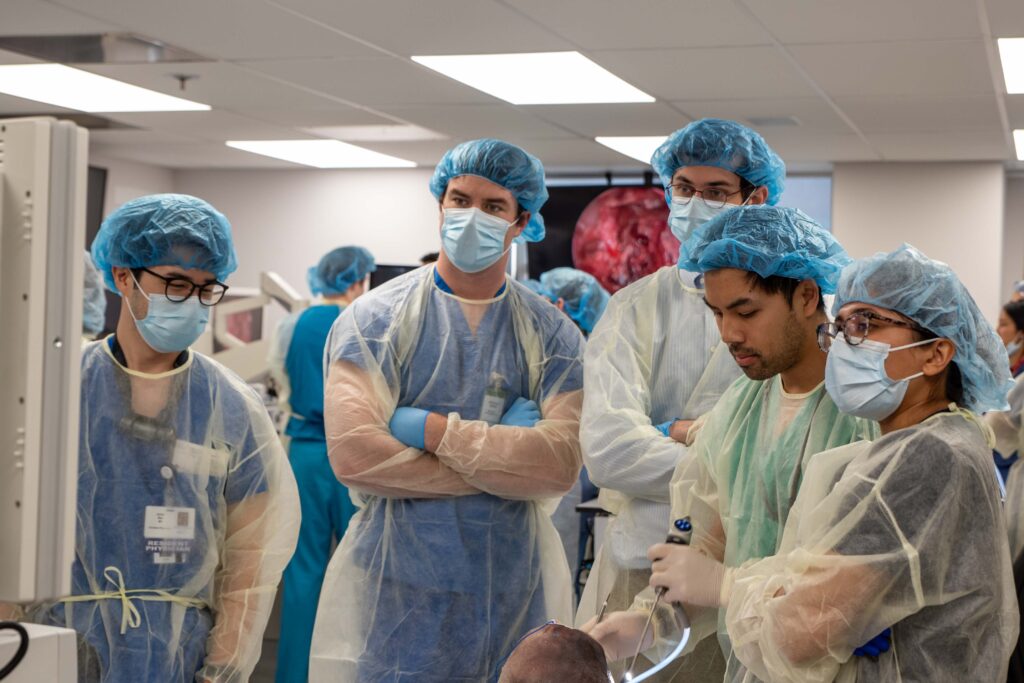It’s that time of year again when otolaryngology residency applications are demanding lots of attention. This year, the review process will be a little different.
According to Residency Program Director Judith Lieu, MD, MSPH, the ERAS application was altered in a number of significant ways:
- Applicants are now limited to the number of supporting experiences they can list in the application.
- Preference signaling, a special note designating an applicant’s preference for specific programs, was increased from seven programs to 25 programs, allowing applicants to signal a greater percentage of their top choices.
- Geographic signaling as added as an option, allowing applicants the ability to signal a desire to match a program in a specific region of the country.

Lieu explained that of these changes, some may be beneficial, but others may not.
“Limiting the number of experiences forces the applicant to carefully evaluate and list only those they feel were most important in their preparation for residency,” she said. “But, others, like the geographic signaling, may actually serve as a signal to programs not in the preferred region to disregard the applicant. For that reason, the Otolaryngology Program Directors Organization or OPGO does not recommend applicants use geographic signaling”.
According to Lieu, the changes implemented by ERAS actually reduced the number of applicants to our residency program, from over 400 last year, to 284 this year, making the review process a little more manageable.
A large number of faculty helped to revise the rubric used to evaluate applications, resulting in a shortened set of review criteria and a more holistic approach. For example, research experience is now applied to all applicants, not just those on the research track. Faculty felt that as an academic institution, research experience and interest should be an important part of training and intention for future practice.
In years past, the initial review of each application was done by a single faculty member. Now, two faculty are asked to review each application, ensuring a greater number of faculty are engaged in the process.
Another change affected the weight of the interview in the overall evaluation. Lieu explained that previously, the final match ranking was almost entirely based on the interview. Now, the interview is simply another score, added to the original application scores. This helps to prevent an applicant’s personality from driving the ranking process.
Lieu hopes the new system will not only allow the selection of applicants best suited to our training program, but positively engage more faculty in the process. Only time will tell. Regardless, everyone is looking forward to welcoming a great new cohort of interns to our ENT family.
